The Best Places to Mount An Outdoor Security Camera

When deciding where to install security cameras outdoors, it can be hard to find the right location for your needs. You want to make your cameras noticeable to deter break-ins, but not easy to highlight for potential robbers the areas of your property that are unmonitored. You can try to keep your cameras hidden, but then your cameras are no longer serving as a deterrent.
However, you don’t need a moat of monitored property to keep thieves at bay. By smartly placing your security cameras where they are most needed and utilizing other security methods, you can keep your house and business protected.
Why You May Need Video Surveillance
There are multiple reasons to purchase outdoor security cameras:
- Adding security to generally unwatched areas of your property
- Identifying people at your front door
- Monitoring suspicious activity outside your home or business
- Preventing theft
- Watching for animals entering gardens or sheds
These are only some of the reasons people pay for video monitoring. Understanding your reason for buying security equipment can help you determine where you want to install your video watchmen. For instance, if your goal is to see what’s wreaking havoc in your garden each night, you want to make sure the camera is focused on your growing plants. Likewise, if you’ve already dealt with break-ins, you may want to ensure the access points are within range of the camera’s lens.
General Guidelines for Security Camera Placement
Regardless of where you end up installing your security cameras, there are some general guidelines you should keep in mind:
- Cameras should be placed at a height that keeps the image in-focus but out of reach for anybody looking to steal or sabotage the camera itself, generally about eight to 10 feet above the ground.
- Hidden cameras may not serve as a deterrent to theft, but, as noted above, visible cameras are a target for theft.
- Not all cameras are weatherproof, so some may need extra protection from the elements.
- You’ll likely need more than one camera.
- Wide-range cameras usually offer the best view angle to catch important details.
These guidelines can serve you well in choosing where to place security cameras outdoors. However, even with these rules-of-thumb in place, you’ll want to make sure to keep certain areas of your property monitored.
Where to Install Security Cameras
Security camera placement is an important part of the installation process. A well installed security camera does nothing if it’s pointed at the sky or monitoring an area of your property that’s already watched.
Backyard
Your backyard offers a prime opportunity for thieves. By definition, your backyard is away from the street. This means that observant neighbors and streetlights aren’t available to serve as deterrents to a break-in. Furthermore, the entryway to your backyard is often less secure than your front door. You may have a sliding glass or screen door that can be smashed or broken. Or you may have windows that you tend to leave unlocked to let a breeze through your home.
Even if home security isn’t the main point of your security cameras, there are reasons to keep your backyard monitored. Your garden, shed, or dog run could all be places for wild animals to find a new home.
Doors
This may seem obvious, but most, if not all, entry doors should have some form of video monitoring. These are the easiest places for a burglar to enter your home, especially if you accidentally leave a door unlocked or unsecured. Any door that provides access to your home or business, such as backdoors, front doors, or side doors, deserve to have nearby security cameras.
While a locked door does a decent job of keeping out unwanted individuals, it serves no purpose if you unlock it to let the unwanted individual in. A video doorbell can help you identify who is at one of your doors, making it easier to know if it’s your usual delivery person knocking at your door.
Driveway or Parking Lot
A thief can do plenty of damage without ever entering your home through vandalism or stealing your vehicle. This makes your driveway another excellent place for outdoor security cameras to monitor. By guarding this area, you can keep an eye on potential intruders who are looking to enter your home or business through your garage or engage in otherwise reckless behavior.
Hidden Access Points
If there is an entryway to your home that is somewhat hidden, you’ll want to have a security camera watching it. Intruders usually try to find entry through means that are undetected by a passerby or neighbor, such as a side window or other access point whose viewing is obscured by trees, plants, or architectural quirks.
By pointing cameras in this direction, you can better ensure that you’ve always got eyes on it, even if your neighbors or other members of your home cannot. Basement windows or doors are other examples of hidden access points that should be surveilled.
Places to Avoid
Many areas should be watched by security cameras. However, there are also areas you should avoid.
Areas that Violate Your Neighbors’ Privacy
Whenever you install security cameras that capture a portion of your neighbors’ property, you should make them aware. Generally, if the area is publicly viewable, such as their front yard, it’s okay if your camera’s coverage includes a portion of their property.
However, things get a bit trickier if your outdoor cameras can monitor what’s going on inside your neighbor’s home. You want to be especially careful to avoid placing your surveillance equipment in a spot that can see into their bedroom or bathroom. Not only is this unethical, in many cases, but it’s illegal, too.
In Direct Sunlight
Cameras serve as an additional set of eyes. Just like your eyes, they can be damaged and ultimately useless if they stare directly into the sun. If your cameras are in an area that gets direct, bright light, it may cause a glare that makes it impossible to see what’s happening right in front of its lens.
If the sun casts down on what would otherwise be an ideal spot for your camera, try angling the camera differently or using some sort of covering to block the sun’s glare. This will help your camera see and may lengthen its lifespan.
Outside Bedrooms or Bathrooms
It’s not just your neighbors’ privacy you need to respect; it’s your family’s or housemate’s privacy, too. Keep cameras pointed in a way that doesn’t see into your home’s bathrooms or bedrooms so everyone can feel safe in their own home.
If you’re concerned about these windows as potential access points, consider getting an environmental monitor that can detect the sound of breaking glass or the opening and closing of the window. This way, you can still keep those areas secure without denying the privacy of anyone occupying those rooms.
Per Mar Security is Here to Help
If you think your home or business deserves additional security, contact Per Mar Security Services today. By scheduling a free consultation, we can identify areas that need monitoring and craft security solutions that meet your specific needs.
Featured Image: Shutterstock / APChanel


